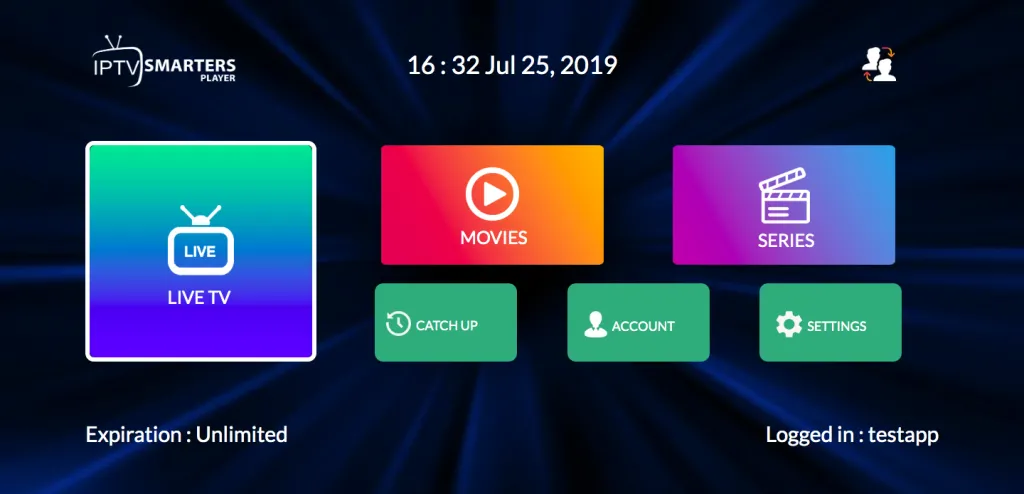
Alexander Larman, books editor for The Spectator‘s world edition, has covered the royals for a number of years now, both in his journalism and as an author. He has written about the current turbulent times and issues, as well as approaching the subject from a historical angle, showcased in the final book of the ‘Windsors trilogy’ series, ‘Power and Glory: Elizabeth II and the Rebirth of Royalty’.
We chatted to him about the enduring interest in the royals, the commissioning process at Spectator World, and the benefits of relationship building between journalists and PRs.

Having written extensively on the royal family, both as an author and a journalist, what makes them so fascinating to write about?
I’ve never been a royal family obsessive, and in fact, in the introduction to ‘Power and Glory’, I explicitly out myself as a non-monarchist, which I think may ruffle a few feathers. They’re far more interesting to write about if you don’t come at them from the perspective that they have a god-given right to exist, because then you get to ask questions that more respectful chroniclers tend to steer clear of. Why wasn’t the Duke of Windsor interned or jailed during WWII? (He was clearly a traitor by any conventional definition of the term.) Why do we still subsidize the royals with taxpayer money? Why has the recent Kate Middleton story obsessed so many people?
The answer is because it’s a grand narrative. Unlike politics, which is soap opera but liable to mess up our lives if handled the wrong way by the wrong people, the royals are essentially harmless but fascinating, history writ large. And the fact that they’re useless at concealing their rows and disagreements is hilarious, too.
What are you looking for content-wise at Spectator World?
A trade secret is that very few working journalists are particularly brilliant writers. This is doubly, even trebly, true in the fields of literary and arts criticism. A lot of people can put together a pithy or witty sentence or two on social media, but to be able to review a book, film or exhibition in an erudite and literate manner, with a genuine understanding of context and history? Nope, that’s a rare skill.
I have a broad monthly section to fill at the Spectator World, and I am in the fortunate position that because I’m so limited, I only commission the people who can write really well about fascinating subjects. And they do exist, from household name authors to brilliant young women (they’re always women in my experience) in their twenties. I’ve been doing it since 2021 and it’s the thing, apart from my own books, that I’m proudest of professionally.
You also do freelance work as well, what are the pros and cons to working freelance alongside a permanent job?
It’s a necessity. I realised years ago that I needed to earn a certain amount a year in order to enjoy the same kind of lifestyle as my peers – and I’m not talking about holidays in the Maldives or a second home in Cornwall, just being able to go out for the odd meal and keep my wonderful daughter Rose in toys and the occasional treat. And you have to do an awful lot of work in order to make that happen. Journalism isn’t well paid, unless you’re writing for the New Yorker and the like, and this isn’t likely to change any time soon, either.
I’m relatively lucky these days in that I’m a known quantity thanks to my books and journalism, so I haven’t had to scrape about for work for a few years. But before, say, 2019, times were very tricky. It’s often feast and famine in this industry and I can’t say I relish the prospect of the latter again.
What’s the best way for PRs to get in contact and work with you?
Phone calls never work unless I know you personally – sorry, but that’s the truth in my experience. Email is fine but impersonal, unless again there’s the personal connection, a reply might take a while. Make the effort – ask me out for lunch/coffee/a drink, and come armed with stories, potentially a few writers for those stories. Be professional, engaged, and good company, and we’ll hopefully have a great working relationship. But I’m insanely busy at the moment so we’re looking at June at the earliest (sorry!).
Connect with Alexander via the Vuelio Media Database, and get pointers on what journalists want from PRs, and more ways Vuelio can help, in this blog post.


